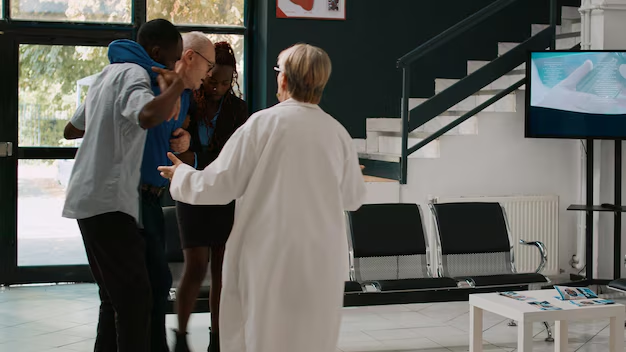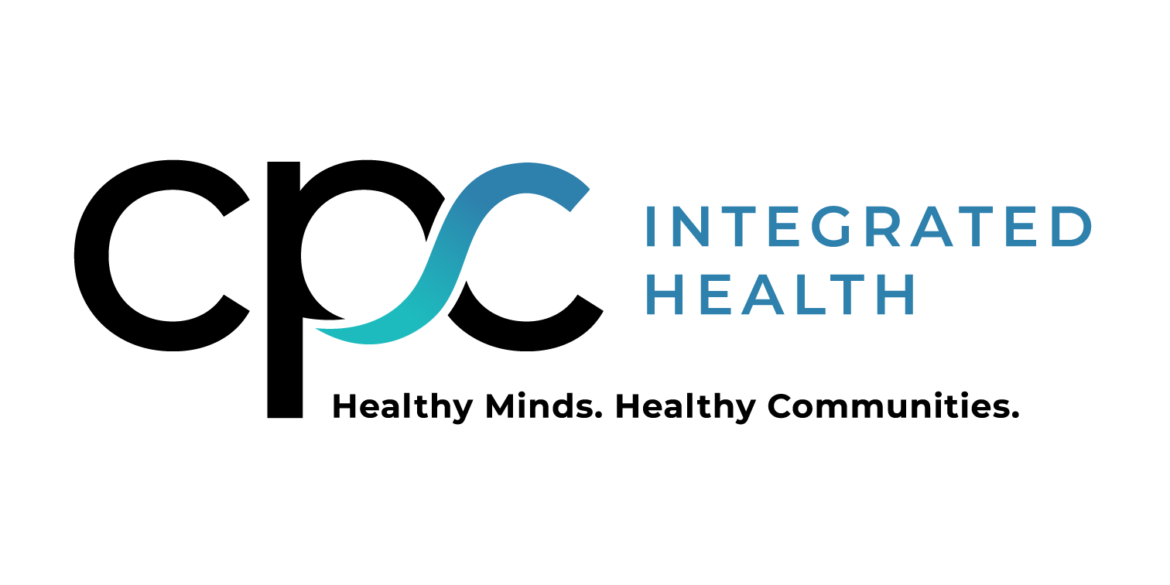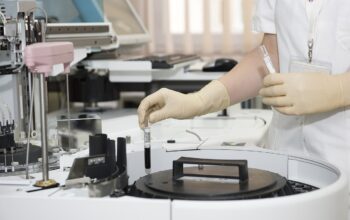CPC integrated health crisis workers play a vital role in helping people during tough times. They are trained professionals who support individuals facing mental health challenges, substance use issues, or other crises. When someone needs help, these workers are there to provide immediate care and assistance.
The work of a CPC integrated health crisis worker goes beyond just responding to emergencies. They connect people with the right services and support, ensuring everyone receives the care they need. This approach not only helps individuals feel better but also strengthens our communities by promoting overall well-being.
What Does a CPC Integrated Health Crisis Worker Do?
CPC integrated health crisis workers are specially trained to help people in difficult situations. They respond quickly when someone faces a mental health crisis or needs urgent support. These workers are like superheroes in our communities. They listen, understand, and help people feel safe again.
Their main job is to provide immediate help. This can mean talking to someone who feels sad or scared. It might also mean guiding them to other resources for ongoing support. By doing this, CPC integrated health crisis workers make sure that no one feels alone during tough times.
- They offer emotional support.
- They connect people with important services.
- They work with families to help everyone heal.
The Importance of Immediate Support in Crisis Situations

Immediate support is very important when someone is in crisis. A CPC integrated health crisis worker can make a big difference by being there when help is needed most. Quick responses can prevent small problems from turning into bigger ones.
When someone feels overwhelmed, having someone to talk to can change everything. These workers create a safe space where people can express their feelings. This helps them find ways to cope and feel better.
- Quick help can save lives.
- Listening makes people feel understood.
- Early support can lead to better outcomes.
How CPC Integrated Health Crisis Workers Help Build Stronger Communities
CPC integrated health crisis workers play a key role in building stronger communities. They not only help individuals but also work with families and groups. This teamwork makes everyone healthier and happier.
By providing support, these workers help reduce stigma around mental health. When communities understand that it’s okay to ask for help, more people will seek the support they need. This creates a culture of care and understanding.
- They organize community events to raise awareness.
- They offer workshops on mental health.
- They collaborate with local organizations for better care.
Success Stories: Real Impact of CPC Integrated Health Crisis Workers
CPC integrated health crisis workers have many success stories that show how important they are. These stories highlight the positive changes they bring to people’s lives. When someone receives help, it can change their entire path.
For example, a young person who felt lost found hope after talking to a crisis worker. With support, they discovered ways to manage their feelings and make better choices. These success stories inspire others to seek help when they need it.
- Many people report feeling more hopeful.
- Families often find better ways to communicate.
- Communities see less crime related to untreated issues.
Understanding the Training Behind CPC Integrated Health Crisis Workers

CPC integrated health crisis workers go through special training to do their jobs well. This training prepares them to handle various situations. They learn how to talk to people in crisis and how to connect them with resources.
Training covers important skills, such as active listening and empathy. Workers learn how to remain calm and supportive, even in stressful situations. This training is crucial for helping people feel safe and understood.
- They study mental health issues and solutions.
- They practice communication skills.
- They learn to work in teams for better outcomes.
These efforts ensure that workers are ready to make a real difference in their communities.
Conclusion
CPC integrated health crisis workers are true helpers in our communities. They provide support when people need it the most, making a big difference in their lives. By being there for others, these workers help everyone feel more safe and cared for. Their work encourages people to talk about their feelings and seek help without fear.
When we understand the role of CPC integrated health crisis workers, we can appreciate how important they are. They not only help individuals but also strengthen our entire community. By supporting these workers, we can create a happier, healthier place for everyone. Remember, it’s okay to ask for help, and these amazing workers are always ready to listen!
FAQs
Q: What is the role of a CPC integrated health crisis worker?
A: A CPC integrated health crisis worker provides immediate support to individuals facing mental health crises. They listen, offer guidance, and connect people with the right services to help them feel safe and supported.
Q: How can I contact a CPC integrated health crisis worker?
A: You can reach out to your local CPC center or call their Access Center at 1-800-250-9811 to get immediate assistance or schedule an appointment.
Q: What kind of training do CPC integrated health crisis workers receive?
A: These workers undergo special training that includes learning about mental health issues, communication skills, and crisis intervention techniques to effectively support those in need.
Q: Who can benefit from the services of a CPC integrated health crisis worker?
A: Anyone experiencing a mental health crisis or substance use issue can benefit from their services. They support individuals of all ages and backgrounds.
Q: What happens during a crisis intervention session?
A: During a session, the crisis worker will listen to the person’s concerns, assess their needs, and provide immediate support and resources to help them manage their situation.
Q: Are the services provided by CPC integrated health crisis workers confidential?
A: Yes, the services are confidential. Workers are trained to protect the privacy of individuals while providing the necessary support and assistance.




